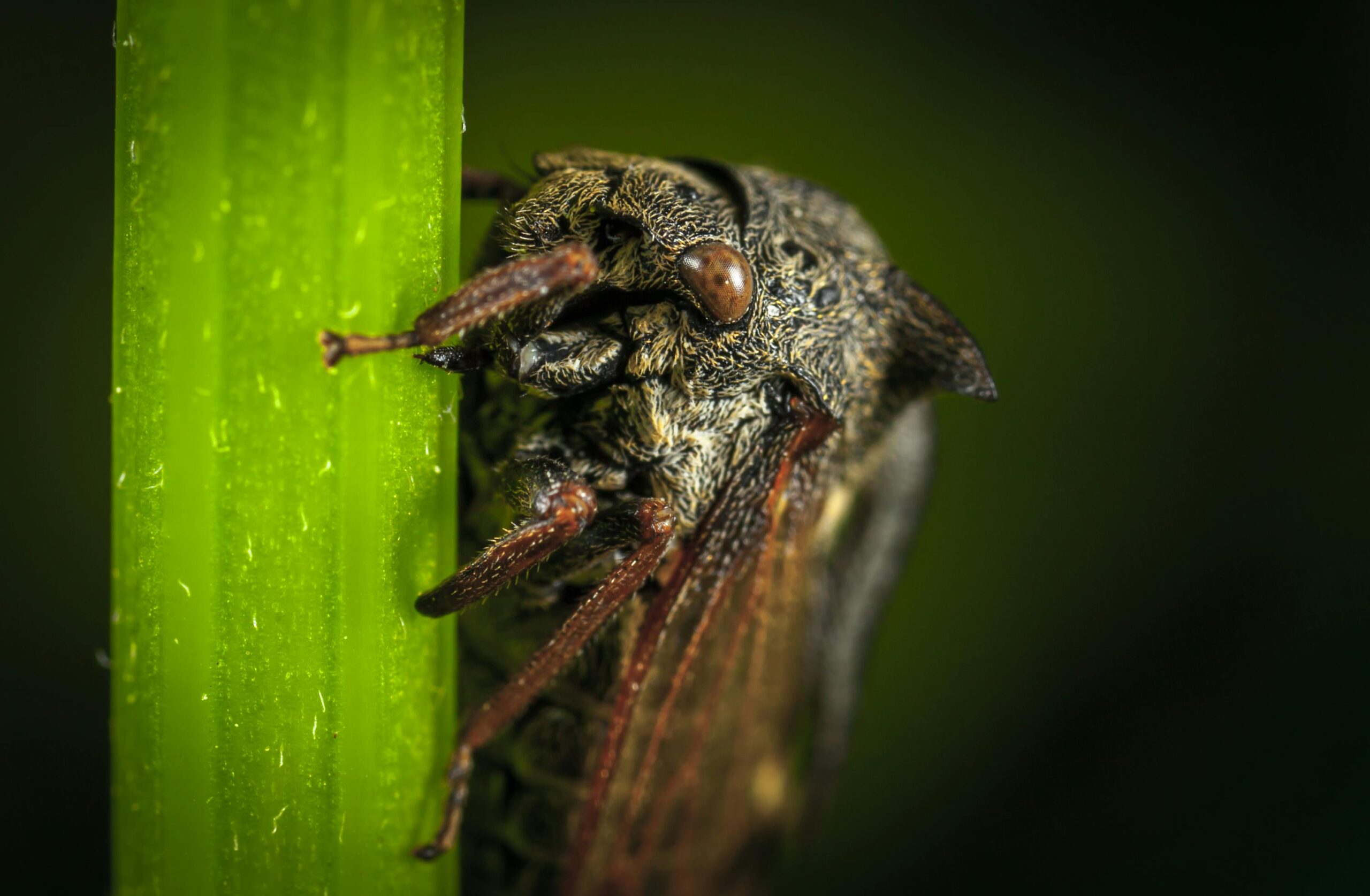Insect bites and stings happen when insects like bees, wasps, ants, spiders, or scorpions bite or sting the skin. Most insect venom causes only mild local pain, swelling, and redness. However, some people who are allergic can have serious reactions called anaphylactic shock, which needs urgent medical care.
You can ask your own question to a licensed healthcare provider here for free. It may take up to 7 days to get an answer. If you want a consultation in minutes, book now with Hope+ our premium and best health consultation service in Uganda.
Common Causes of Insect Bites and Stings
Bees, wasps, hornets, ants: Their venom usually causes mild local swelling but may cause severe allergic reactions in sensitive people.
Spiders and scorpions: Most are harmless or only mildly venomous, but some scorpion stings can be painful.
Symptoms to Watch For
Swelling, redness, pain, and a burning feeling at the bite or sting site
Discolouration or bruising around the sting
Signs of allergic reaction such as difficulty breathing, swelling of the face or throat, dizziness (anaphylactic shock) — this needs emergency care
How to Manage Insect Bites and Stings
If the stinger is still in the skin (common with bee stings), carefully remove it using a needle or knife blade.
Apply cold water or ice to reduce swelling and pain.
For severe swelling, take an antihistamine like chlorpheniramine:
- Adults and children over 12: 4 mg every 6 hours (max 24 mg daily)
- Children 6-12 years: 2 mg every 6 hours (max 12 mg daily)
- Children 2-5 years: 1 mg every 6 hours (max 6 mg daily)
- Children 1-2 years: 1 mg every 12 hours
Use calamine lotion on the affected area every 6 hours to soothe itching and irritation.
For very painful scorpion stings, a healthcare provider may inject lignocaine (a local anaesthetic) around the bite.
If signs of a serious systemic reaction appear, such as difficulty breathing or widespread swelling, seek urgent medical care immediately.
Prevention Tips
Keep vegetation and bushes around homes trimmed to reduce insect habitats.
Prevent children from playing in bushy or overgrown areas where stinging insects live.
Wear protective clothing covering exposed skin when moving through bush or tall grass.
Use pest control measures to reduce insect colonies near homes.


